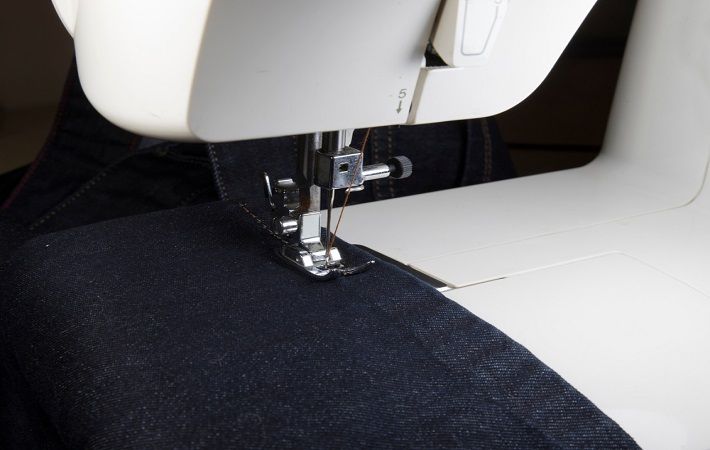Apparel production in Latin America could benefit post-COVID: ST&R

The COVID-19 pandemic has demonstrated that textile and apparel manufacturers in Mexico, El Salvador, Guatemala, Honduras, Haiti, and the Dominican Republic can be a viable source for the Canadian and the US markets, finds a new report prepared by Nicole Bivens Collinson of Sandler, Travis & Rosenberg, P.A. (ST&R) for the Inter-American Development Bank.
"The ability of regional manufacturers and governments to recognise and act on the possibilities of a post-pandemic environment could dictate the condition of this industry for the next decade," states the ST&R report.
The pandemic revealed a number of factors that could prove beneficial for textile and apparel manufacturers in these countries. For example, there are noticeable vulnerabilities in brands’ and retailers’ supply chains that are prompting them to consider changes such as hub and spoke sourcing models, vertical manufacturing in individual countries or regions, and nearshoring. Additionally, a transformational shift is occurring in consumer shopping behaviours, with e-commerce sales increasing exponentially.
At the same time, the US and Canada are imposing trade-restrictive measures on major suppliers in China in response to concerns about forced labour practices in that country. Further, there are increasing civil and governmental pressures to bring manufacturing and its attendant jobs back to or nearer to the US and Canadian markets.
The report asserts that the countries at issue can take advantage of this evolving situation and become a post-pandemic manufacturing destination if they engage in a collaborative public/private sector effort that includes continued steps to (1) demonstrate flexibility and quick response to market circumstances, (2) maintain versatility in production and supply chains for e-commerce and drop shipment supplies, (3) develop verticality in supply chains for yarns, fabrics, and apparel by working as a regional coordinated supplier, (4) capitalise on their proximity to, and free trade agreements with, the US and Canada, and (5) provide complete visibility into their supply chains to demonstrate that no forced labour is used.
Other recommendations made by the report include accelerated trade lanes for trusted or known traders, cooperative agreements with the US and Canada for pre-approved customs clearance for shipments, regional education and training initiatives, and integration of existing free trade agreement provisions.
Fibre2Fashion News Desk (RKS)
































-Ltd..jpg?tr=w-120,h-60,c-at_max,cm-pad_resize,bg-ffffff)





.jpg?tr=w-120,h-60,c-at_max,cm-pad_resize,bg-ffffff)
.jpg?tr=w-120,h-60,c-at_max,cm-pad_resize,bg-ffffff)






